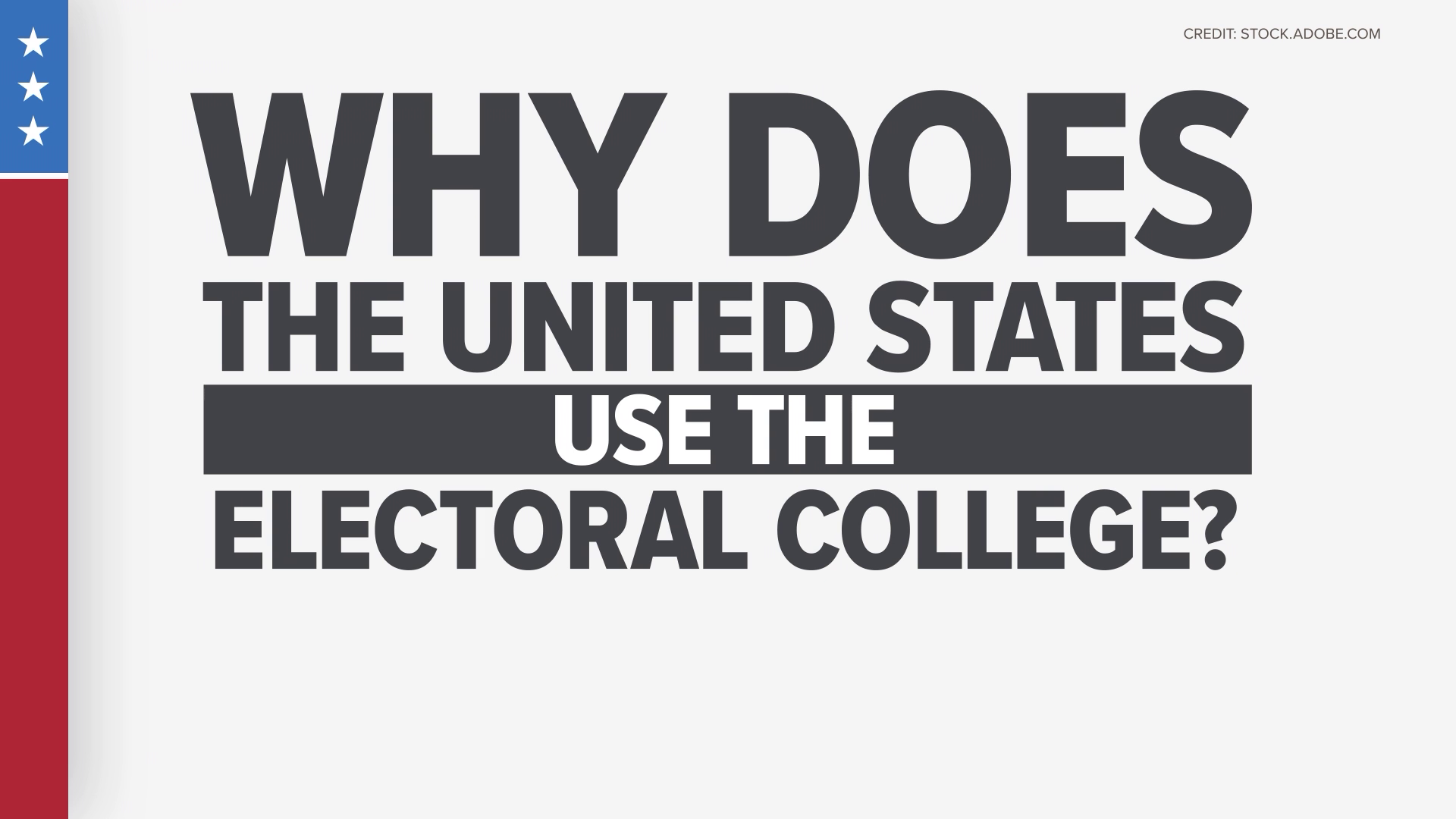The process involving the Electoral College has been thrust into an unusually bright spotlight this year because of the 2020 presidential election.
Nearly a week and a half after several major news networks projected Joe Biden had surpassed the 270 electoral votes needed to win the presidency, President Donald Trump has refused to concede and has been amplifying false and unsubstantiated claims.
Although electors are pledged to follow the popular vote of their states, there have been rumblings about pushing some Republican-controlled state legislatures to replace electors with those of their own party.
THE QUESTION
Can lawmakers simply replace its slate of electors with others that reflect the party that controls the legislature in its state?
THE ANSWER
According to multiple legal sources, no. However, it has never been tried before.
WHAT WE FOUND
Thirty-three states and D.C. have laws or party regulations requiring electors to vote as pledged -- in other words, they must follow the popular vote, the National Conference of State Legislatures says. In some states, rogue electors can be replaced or subjected to penalties, according to the Congressional Research Service. In July, the U.S. Supreme Court ruled these laws are constitutional.
But even for states without an explicit law on the books, the Constitution’s requirements on when electors must be chosen precludes legislatures from replacing electors after the vote has occurred, election experts have stated.
Put simply, the National Task Force on Election Crises says, “State legislatures . . . may not substitute their judgment over the will of the people by directly appointing their preferred slate of electors after Election Day.” The “cross-partisan” task force is made up of over 50 experts in election law.
In an article on the Just Security online forum of the Reiss Center on Law and Security at the New York University School of Law, Adav Noti writes: “To be absolutely clear: A state legislature cannot overrule the state’s popular vote for president. This is not a close case.”
“Under the constitutional timing provision as implemented by federal law, the absolute last day a state legislature could have decided to appoint the state’s presidential electors for this election was Nov. 3, 2020,” says Noti, senior director, trial litigation, of the nonprofit, nonpartisan Campaign Legal Center. “Once that date passed, the determinative popular votes had all been cast, and therefore the legislature’s authority to change the state’s manner of appointing electors in 2020 passed as well.”
But that doesn’t mean there might not be attempts to change the slate of electors. The idea has been floated by both elected Republicans, such as by Florida Governor Ron DeSantis in an interview with Fox News’ Laura Ingraham, and conservative media figures, like radio show and Fox News host Mark Levin, alike.
This year, Dec. 8 is the deadline for resolving election disputes at the state level. All state recounts and court contests over presidential election results are to be completed by this date. On Dec. 14, electors will officially vote by paper ballot in their respective states and the District of Columbia.
Something you’d like VERIFIED? Click here to submit your story.

